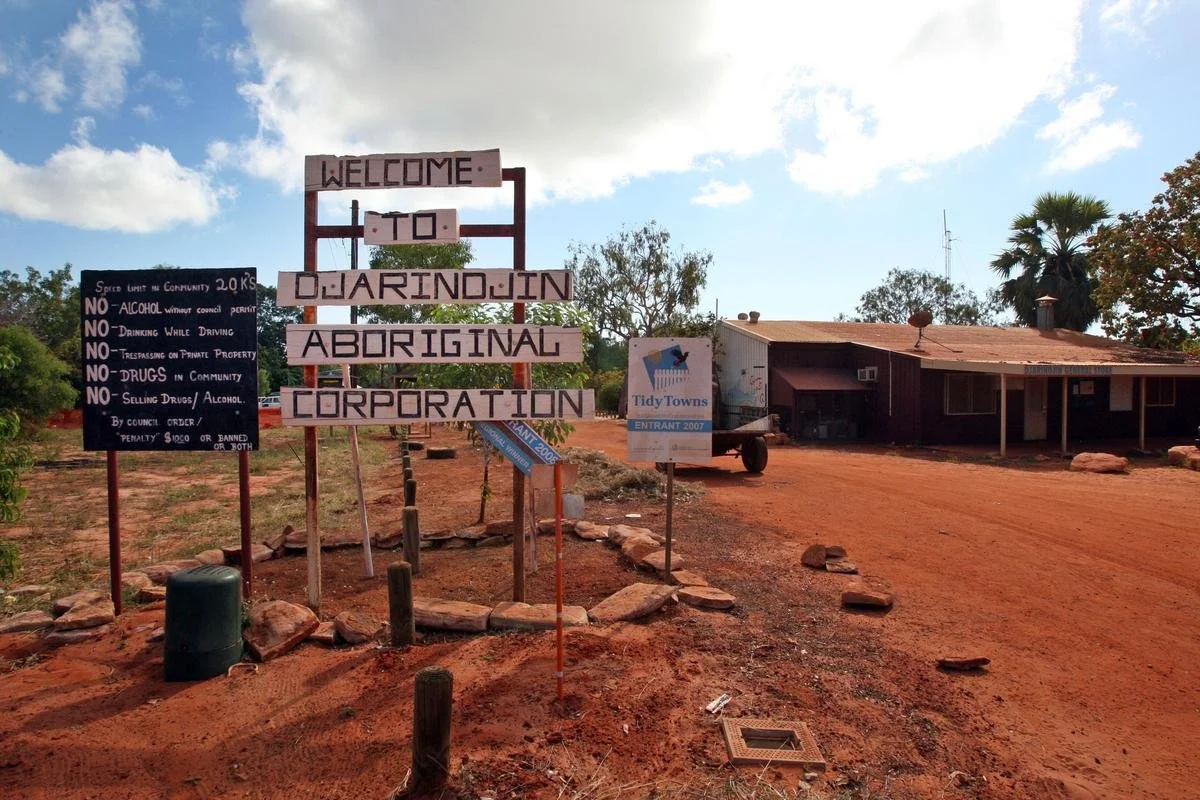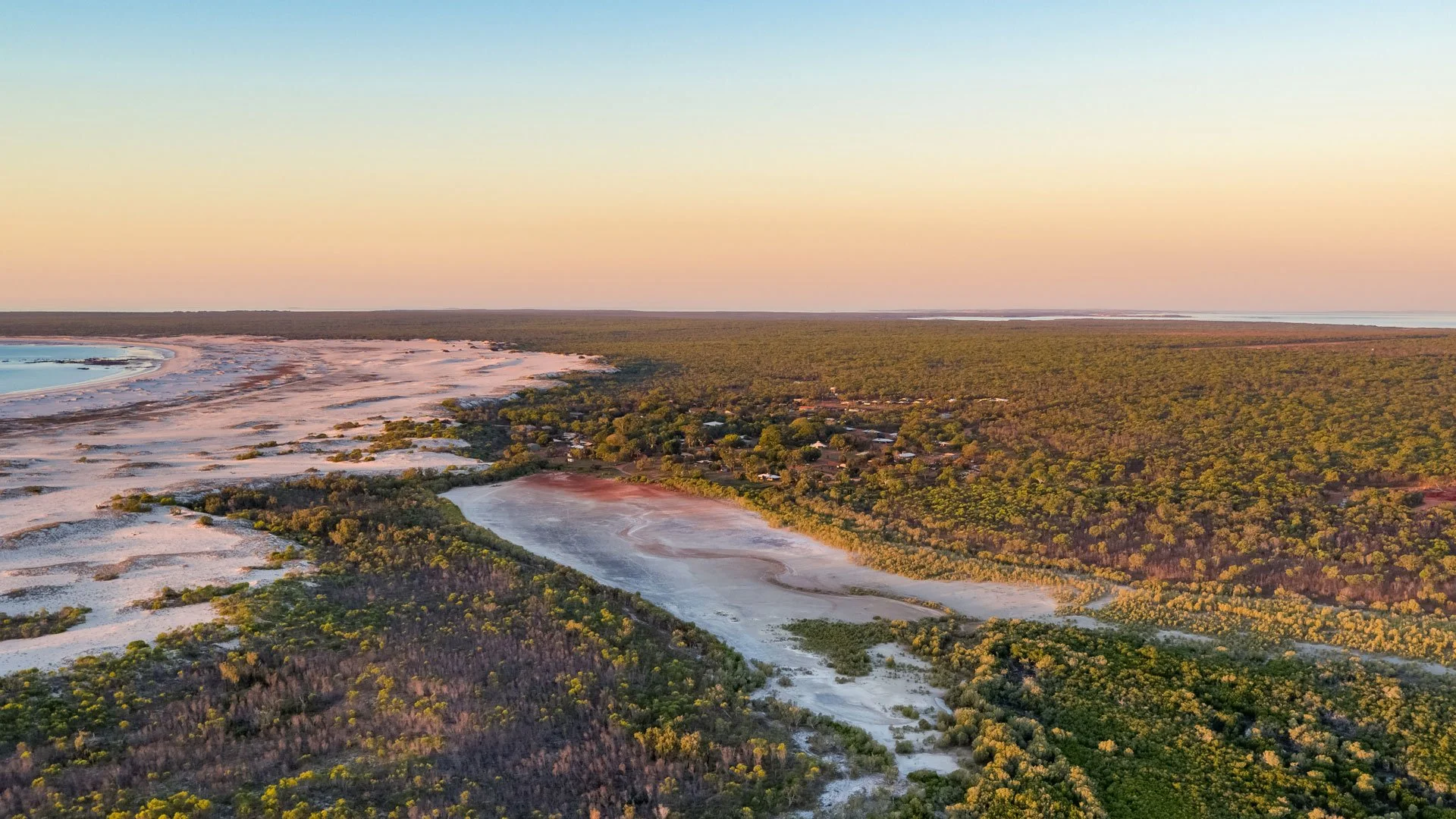The Djarindjin Way: A New Model for Indigenous Empowerment
By Marli Ryan
For decades, the phrase “Closing the Gap” has been plastered across policy documents, media headlines, and political speeches in Australia. It’s a slogan that was supposed to represent hope, a promise to reduce the inequalities between Aboriginal and Torres Strait Islander people and non-Indigenous Australians.
Nathan McIvor,Djarindjin Aboriginal Corporation CEO, said for the people of Djarindjin, it’s come to mean something very different.
“We reject the term or the phrase closing the gap because it's the most used phrase by Australian public policy.”
“It's been the single most successful marketing campaign or slogan for the word failure in Australian public policy”
After more than 20 years, billions of dollars spent, and numerous government roundtables, the gaps in health, education, housing, and economic opportunity persist. In Djarindjin, they're no longer waiting around for the next policy cycle of empty promises.
Instead, they’ve stepped off the “Closing the Gap train” and are building their own.
The Djarindjin Way: A New Path Forward
Mr McIvor said It’s community-led. And it’s rooted in self-determination.
“We don’t believe that the same system that has created the poverty within Aboriginal society is the system that’s going to fix it,” he said.
“The only way that this is going to be fixed from our perspective is for us to recognise that there are issues within community. There are issues that were created without us and that were created with us, but we need to take ownership of whatever those issues are, regardless of who created them”
At the heart of their approach is a 20-year strategic plan, one that supports individuals from birth to old age. The focus isn’t just on surviving, it’s about thriving: strong, healthy people who are valued members of their community and country.
Powering Their Own Future: The Alga Goolil Renewable Energy Project
One of the initiatives emerging from Djarindjin is the Alga Goolil Power Project, a renewable energy solar farm that aims to generate 80% of the community’s power needs, selling electricity to the state utility and reinvesting the revenue directly back into community programs.
“What we're trying to do is exponential”
He said we’ll be using that money to support underfunded government programs in our own way, on our terms. This isn’t just about lights and electricity. It’s about control. If you own your power, you control your future.
“If you've got cultural governance in place and that's your North Star, then it shouldn't be up to a system that has done nothing but keep you down”
Community-Owned Housing: The GornGorn-Ma Project
Housing is another long-standing crisis across many Indigenous communities and Djarindjin is again taking matters into its own hands.
With just 44 homes for over 400 people in their community, overcrowding has become a serious issue. Now, they’ve launched the GornGorn-Ma housing project with a goal of building 70 homes over the next 20 years, all of which will be community-owned and community-controlled.
“We've recognised that the state has done nothing for a very, very long time in this community in addressing the housing crisis”
He said this isn’t about waiting for the government to act, so we found another way.
Already, they’ve begun building new units, with plans to create a buy-to-rent scheme that will provide families with a pathway to owning homes they can pass down to their children for generations.
Self-Determination Means Ownership
At the heart of everything Djarindjin is doing, whether in energy, housing, health, or education, is the principle of ownership.
He said If you want self-determination, you can't ask the government to give it to you. Because there’s always a condition attached.
The message is clear: real empowerment comes from within. Not from top-down policies or short-term fixes, but from communities stepping up and saying: We’ve got this.
Ownership of land. Ownership of housing. Ownership of power. Ownership of the future.
Because, as Nathan put it:
“If you don’t have ownership, you remain trapped within the welfare system, with ‘Jack Boot Charlie’ still on your neck, you’ll never be able to break free and take control, grabbing life by the horns and riding the train of self-determination. Without that, you’ll remain stuck in a welfare mentality forever.”





